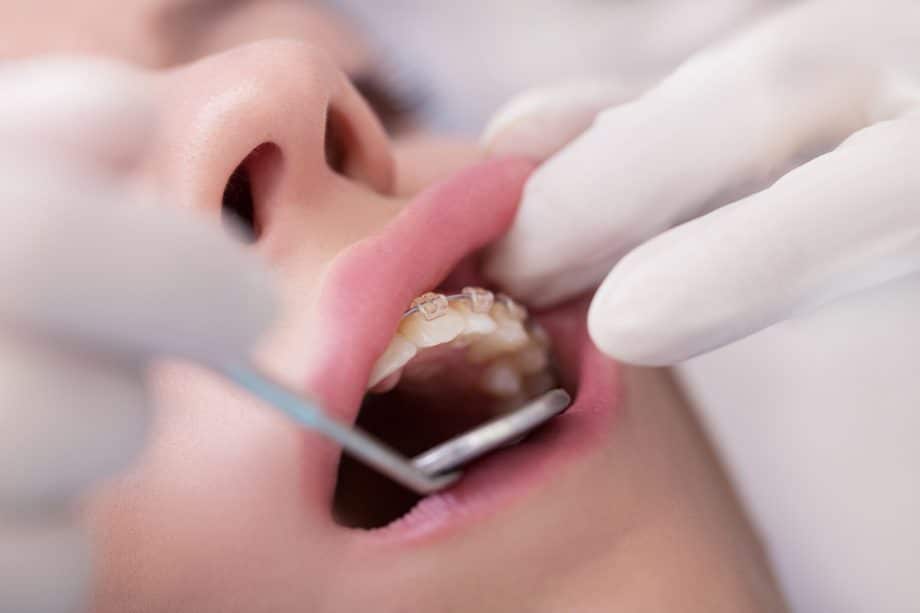Palate expanders can be a little intimidating for kids and parents. But don’t worry – most kids adapt very quickly. Here’s information to help you get your child off to a great start.
Know What to Expect
If your dental provider has recommended a palate expander, then you know that this oral device is designed to enlarge the size of the upper jaw (palate) in order to help lay the foundation for a healthy smile later on. The palate expander will be placed on the roof of your child’s mouth, and you will adjust it with a key at regular intervals.
Initially, it will definitely take some getting used to – especially in the first few days. But it should get easier quickly! Here are some common reactions that your child may have:
- “My mouth feels full.” It’s natural for your child to feel uncomfortable until they get used to their palate expander. Often, this is described as a “full” feeling in their mouth. They may also feel some pressure on the roof of their mouth and against their molars.
- “I’m talking funny.” At first, your child may talk with a lisp, and they may say that it feels funny to swallow. They may also have some drooling early on. These things typically resolve within a week or less.
- “My eyes and nose feel tingly.” Your child may feel a tingling under their eyes or around their nose where the jawbone connects with the skull. This is normal and may also occur later on – usually for just a short time – when you tighten the palate expander.
Be Prepared with Strategies and Supplies
As you adjust to life with a palate expander, here are some strategies and supplies that can help:
- Pain relief: To help with any discomfort – especially in the first few days – make sure you have some over-the-counter children's pain reliever ready at home in case your child needs it.
- Eating and drinking: Buy some soft foods that will be easier for your child to eat before transitioning to regular food. Examples may include yogurt, soups, smoothies, mashed potatoes, pudding, or ice cream as a treat! Stay away from sticky or crunchy foods like nuts, gum, or popcorn.
- Cleaning the palate expander: It’s important for your child to brush their expander each time they brush their teeth. Also, rinsing after meals can help keep the expander clean. Some people find it beneficial to use a syringe with water, or a Waterpik, to help flush out food particles.
- Tightening the palate expander: There may be a bit of discomfort after turning the key in the expander. Some people find that it helps to turn the key before bedtime so their child sleeps through any temporary discomfort. Others may do one turn of the key in the morning and one at night. Your provider can advise you on the best options for your child.
As always, talk with your provider about any questions you may have.
Suffolk Pediatric Dentistry Is Here for You!
If your child needs a palate expander or other specialty care, Suffolk Pediatric Dentistry provides comprehensive dentistry and orthodontic treatments in four locations. Contact us to schedule a preventative checkup or orthodontic consultation today.
Port Jefferson Office: 631-928-8585
Wading River Office: 631-929-7575
Sayville Office: 631-750-9175
Smithtown Office: 631-265-3266

